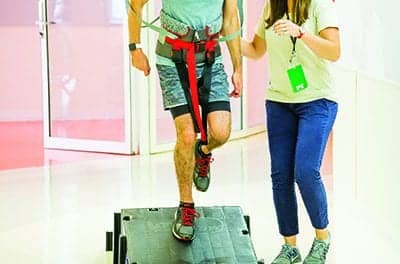.png)
A recent news release reports that study authors aimed to determine whether aggressive treatment of severe TBI is cost-effective compared to less aggressive therapeutic approaches. Researchers note that a Glasgow Coma Scale of 8 defines “severe TBI” in the study or less in which the motor component is 5 or less. The study indicates that researchers used a decision-analysis model in order to compare outcomes, costs, and cost-effectiveness of three specific treatment approaches.
The first approach encompassed comfort care with one day in the intensive care unit followed by continued care in a medical-surgical unit. The second involved routine care in which Brain Trauma Foundation guidelines were followed less than 50% of the time. Rounding out the treatment strategies, the third called for aggressive management in which brain Trauma Foundation guidelines were followed the majority of the time, while ICP was monitored invasively and decompressive craniotomy performed.
Researchers report for each group of study participants, they reviewed probabilities Glasgow Outcome Scale scores, which included 1 for death, and 5 for good outcome. The scores were reportedly converted into quality-adjusted life years in accordance with expectations of patient longevity and quality of life. Researchers add that they also calculated estimates of direct costs including acute and long-term, and indirect costs such as loss of productivity in patients aged 20 years, 40 years, 60 years, and 80 years old.
The results suggest that in each group, aggressive care resulted in better outcomes than routine care, and routine care resulted in better outcomes than comfort care. The results also indicate that the effectiveness of aggressive care was not as great in older patients compared to patients aged 20 years old. The study also reports that aggressive treatment was also less cost-effective in patients aged 80 years old compared to patients aged 20 years old. Yet, study author Robert Whitmore, MD, points out that, “even for an 80-year old patient, higher upfront costs of aggressive TBI management would still be cost-effective when the benefits of aggressive treatment are factored in. We hope that physicians will consider the results of this study when faced with the decision of how aggressive to be in the [older adult] TBI patient,” Whitmore emphasizes.
The study appears in the Journal of Neurosurgery.
For more information visit http://www.thejns.org
Source: Journal of Neurosurgery




